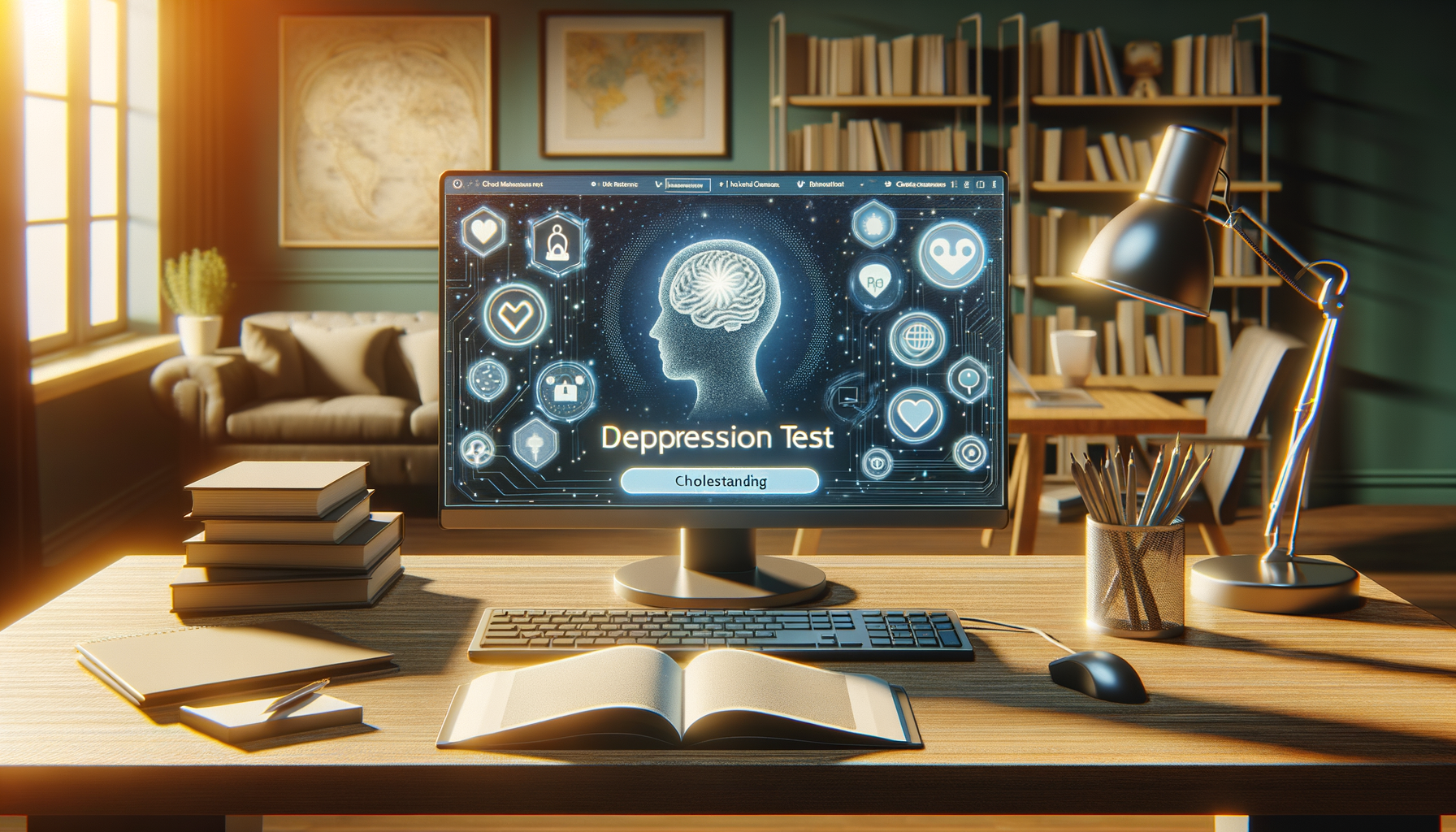Introduction to Depression Tests
In today’s fast-paced world, mental health has become a significant concern, with depression being one of the most common issues faced by individuals globally. Recognizing the symptoms early can lead to effective management and treatment. This is where depression tests, particularly online ones, come into play. These tests provide a convenient and accessible way for individuals to assess their mental health status from the comfort of their homes. However, understanding the nuances of these tests is crucial for obtaining meaningful insights.
Understanding Quick Depression Tests
Quick depression tests are designed to offer a preliminary assessment of one’s mental state. These tests usually consist of a series of questions that help gauge the presence and severity of depressive symptoms. The primary advantage of these tests is their ability to provide immediate feedback. However, it’s important to remember that they are not a substitute for professional diagnosis. The questions typically focus on mood, interest in activities, sleep patterns, and energy levels. While they can be a useful starting point, relying solely on these quick assessments without further consultation may not provide a comprehensive understanding of one’s mental health.
The Rise of Online Depression Tests
Online depression tests have gained popularity due to their accessibility and convenience. They allow individuals to assess their mental health anonymously, which can be appealing for those hesitant to seek face-to-face help. These tests often use standardized questionnaires that are widely recognized in the mental health community. However, users should be cautious about the source of these tests, as not all online platforms offer validated tools. It’s advisable to choose tests from reputable health organizations or mental health professionals to ensure reliability and accuracy.
How Depression Tests Work
Depression tests, whether online or in a clinical setting, generally follow a structured approach. They assess various aspects of mental health through a series of questions that explore emotional, cognitive, and physical symptoms. Commonly used tools include the Patient Health Questionnaire (PHQ-9) and the Beck Depression Inventory (BDI), which are designed to evaluate the severity of depression. These tests guide individuals through a self-reflective process, encouraging them to consider their feelings and behaviors over a specific period. The results can help identify patterns and potential triggers, providing valuable information for further discussion with a mental health professional.
Conclusion: Taking the Next Steps
While depression tests can be a helpful tool for self-assessment, they should be viewed as the first step in a broader mental health journey. If the results indicate potential depression, it’s essential to seek professional advice for a comprehensive diagnosis and treatment plan. Mental health is a complex field, and professional guidance can provide the support and resources needed to manage depression effectively. Remember, taking a test is a proactive step towards understanding and improving your mental health, but it is only one part of the process.


Leave a Reply